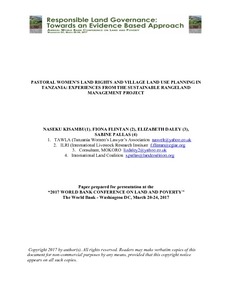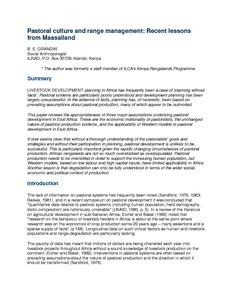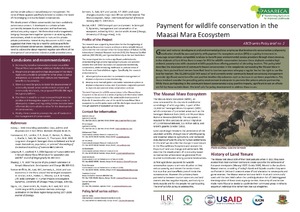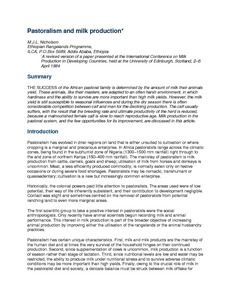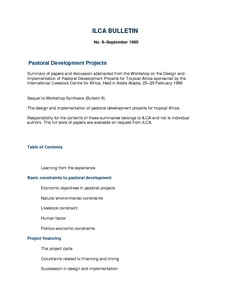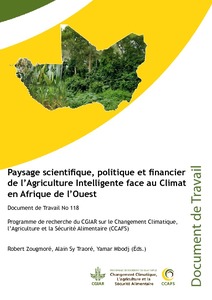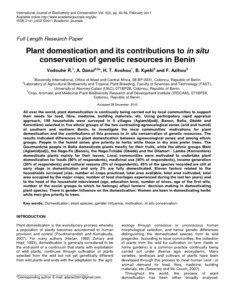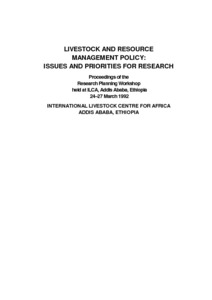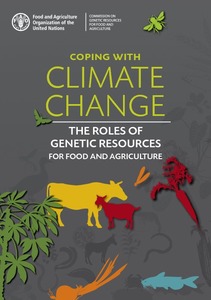Pastoral women’s land rights and village land use planning in Tanzania: Experiences from the sustainable rangeland management project
In pastoral societies women face many challenges. Some describe these as a ‘double burden’ – that is, as pastoralists and as women. However, pastoral women may obtain a significant degree of protection from customary law even if customary institutions are male-dominated. In periods of change (economic, social, political), this protection may be lost, and without protection from statutory laws, women are in danger of “falling between two stools” (Adoko and Levine 2009).

